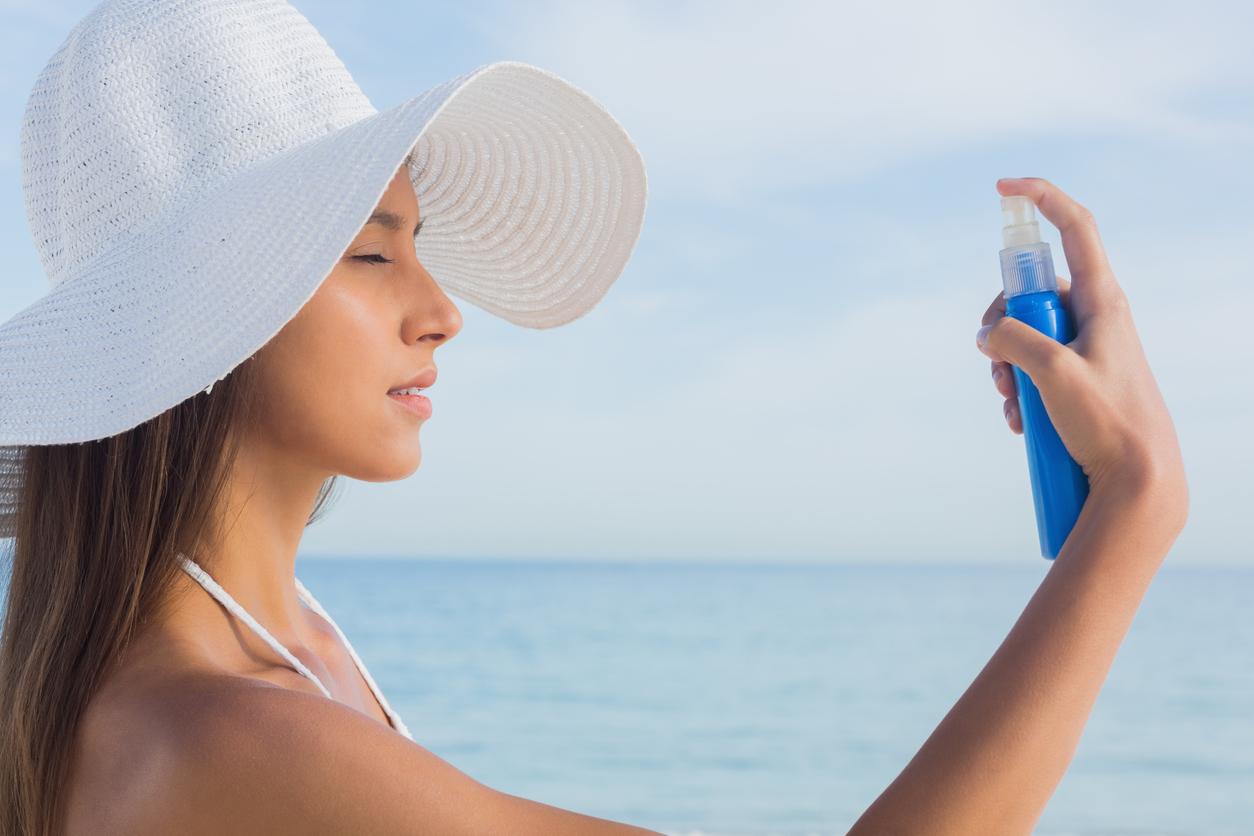Eclipse 2017: People treated for putting sun tan lotion on eyeballs to watch solar event
Unsurprisingly, it wasn't listed as one of the recommended safety methods

Your support helps us to tell the story
From reproductive rights to climate change to Big Tech, The Independent is on the ground when the story is developing. Whether it's investigating the financials of Elon Musk's pro-Trump PAC or producing our latest documentary, 'The A Word', which shines a light on the American women fighting for reproductive rights, we know how important it is to parse out the facts from the messaging.
At such a critical moment in US history, we need reporters on the ground. Your donation allows us to keep sending journalists to speak to both sides of the story.
The Independent is trusted by Americans across the entire political spectrum. And unlike many other quality news outlets, we choose not to lock Americans out of our reporting and analysis with paywalls. We believe quality journalism should be available to everyone, paid for by those who can afford it.
Your support makes all the difference.It turns out that Donald Trump wasn't the only one sneaking a peek at last week's eclipse without proper protection
While millions of Americans were warned to don special protective sunglasses to safely view the celestial spectacle, some people tried to use sunscreen. Seriously.
Since the event, health professionals have reported treating people complaining of irritation after putting sun cream in their eyes.
“One of my colleagues at moonlight here stated yesterday that they had patients presenting at their clinic that put sunscreen on their eyeball," Trish Patterson, a nurse at Prestige Urgent Care in Redding, California, told KRCTV.
"They presented that they were having pain and they were referred to an ophthalmologist.”
Prior to the anticipated astronomical event, experts urged eclipse watchers to invest in NASA-approved spectacles, or to view the eclipse indirectly by projecting an image of the sun onto a screen.
Unsurprisingly, sunscreen was not listed among the recommended methods to take as applying to the eyes can cause blurriness, pain or irritation.
Patterson also warned that it only takes seconds of staring directly at the sun to cause lasting damage with other signs including dark spots in the centre of vision and cloudiness.
Join our commenting forum
Join thought-provoking conversations, follow other Independent readers and see their replies
Comments